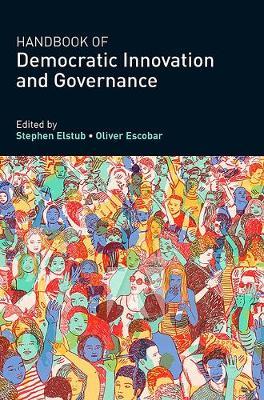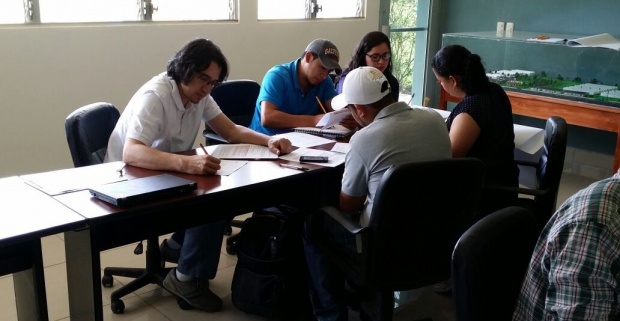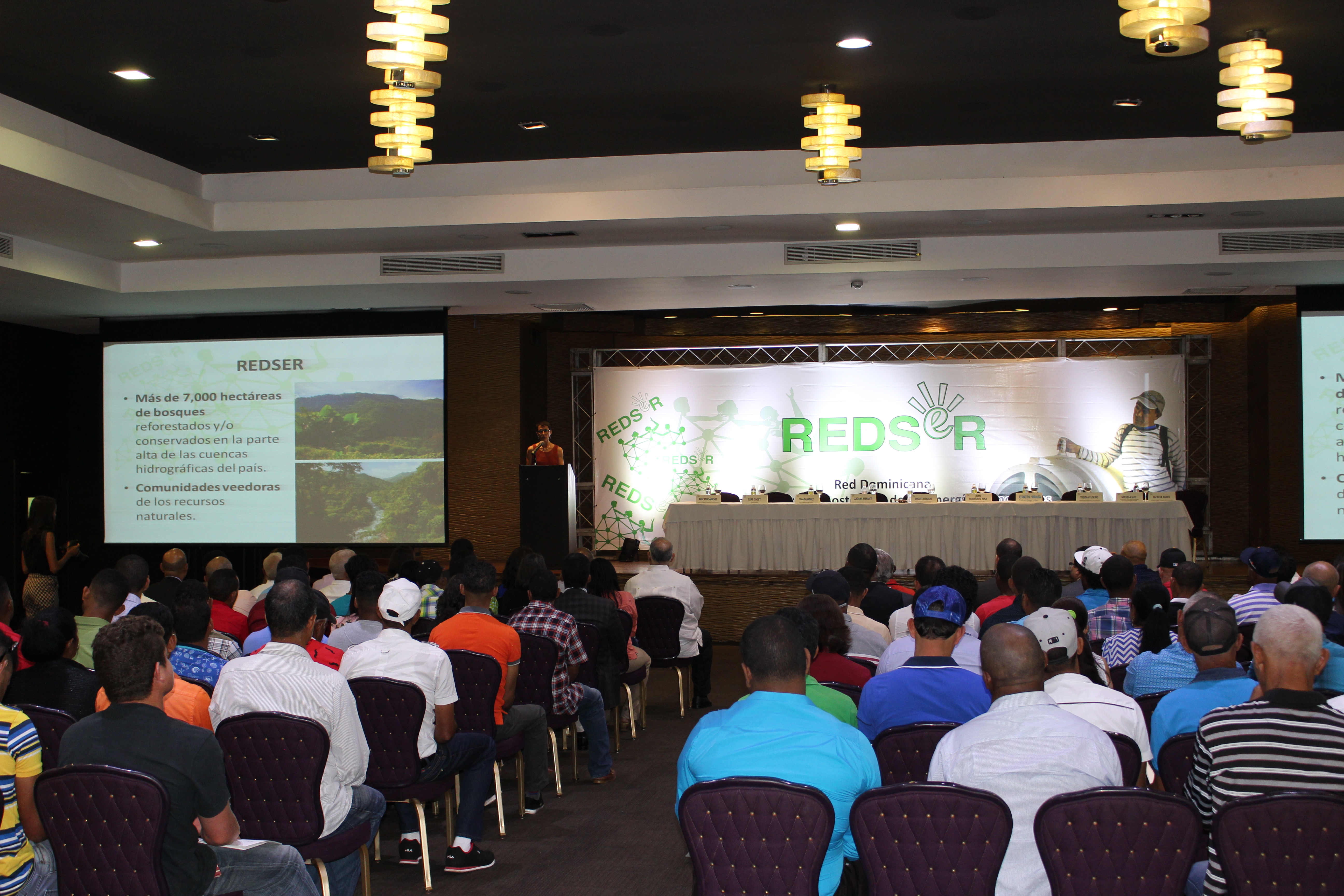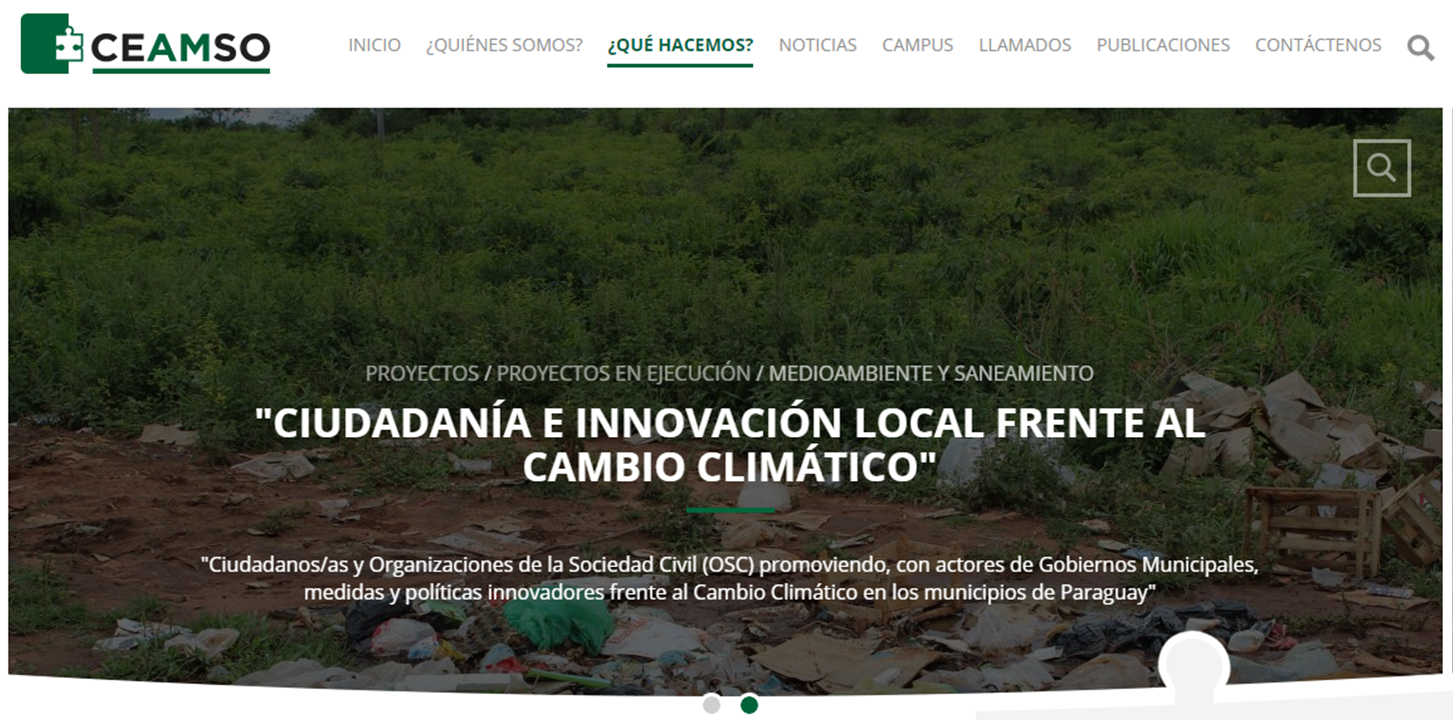Notícias
January News 2020
Currently @ LATINNO
The climate crisis continues under the spotlight of the international public sphere, demanding attention from governments and action from civil society and the private sector. 2019 ended with an unprecedented record on climate-heating emissions fueled mainly by the devastating fires registered in the Amazon and -more recently- in Australia.
Our first newsletter of the year is dedicated to citizen participatory initiatives that serve as example of how governments and civil society collaborate in the search to reduce the negative effects of climate change in the Latin American region.
New Publication
In late December, 2019, a new publication from LATINNO came out as part of the long-awaited Handbook of Democratic Innovation and Governance. The volume is edited by Stephen Elstub and Oliver Escobar and collects almost 40 chapters ranging from theoretical contributions to empirical assessments of innovation and participation across the globe.
The chapter, co-authored by our Project Coordinator Thamy Pogrebinschi and our research associate Melisa Ross, contributes with an overview of the emergence of participatory institutions in 18 Latin American countries, examining national contexts and regional trends in the Southern Cone, the Andean Countries, and Central America and Mexico.
You can take a look at the chapter here and at the whole book on this link.

FEATURED CASES:
Participatory Agroclimatic Committees - Honduras
The Participatory Agroclimatic Committees (Span. Mesas Agroclimáticas Participativas) are an initiative implemented by the CGIAR’s (Consultative Group on International Agricultural Research) Program on Climate Change, Agriculture and Food Security (CCAFS) that brings together representatives of different sectors, including: government, civil society, NGOs, international organizations, academics, farmers, women, and other regional and local groups interested in the agricultural sector.
The main goal of these committees, which take place at the local level, is to share information on climate change among its members, including regional and local producers, in order to reduce negative impacts and effects on crops. Local farmers that take part in the committees receive trainings and information on climate change predictions that helps them prepare their crops against adverse weather conditions. Committees are composed by a board of directors that is in charge of designing and implementing local operational plans. Additionally, the local committees publish a joint newsletter to provide advice for farmers in the region.

Dominican Network for the Sustainable Development of Renewable Energies - Dominican Republic
The Dominican Network for the Sustainable Development of Renewable Energies (Span. Red Dominicana para el Desarrollo Sostenible de las Energías Renovables, REDSER) is a joint project of the GEF Small Grants Program of the UNDP and the civil society organization Guakía Ambiente. It brings together more than 50 micro hydro-power community plants in the country with the purpose of coordinating the exchange of knowledge and resources among communities. Its main goal is to guarantee democratic and participatory access to electricity by granting citizens with access to the economic means necessary to benefit from renewable energy sources in their localities.
The framework of the network includes: supporting communities through the conception of the project, establishing a trained technical team for the maintenance of the micro-plants and setting up a fund for eventual reparations of the system. Additionally, REDSER provides financial support for initiatives that make use of the clean energy for self-managed social and productive projects.

NEWEST INNOVATION:
Innovative Measures and Policies to Address Climate Change - Paraguay
The project “Citizens and Civil Society Organizations Promoting -along with Municipal Governments- Innovative Measures and Policies to Address Climate Change” (Span. Ciudadanos/as y Organizaciones de la Sociedad Civil (OSC) promoviendo, con actores de Gobiernos Municipales, medidas y políticas innovadores frente al Cambio Climático) is a joint initiative by the Friedrich Ebert Stiftung, the European Union, and the Paraguayan NGO Center for Environmental and Social Studies (Span. Centro de Estudios Ambientales y Sociales, CEAMSO) that brings together local actors, including citizens, civil society organizations, and local government representatives in order to find joint solutions for the environmental problems caused by climate change in Asunción, Encarnación, and Departamento Presidente Hayes.
The main goal of the initiative is to strengthen the abilities of local actors in order to manage and implement efficient actions against the environmental and social effects associated to climate change in Paraguay.

